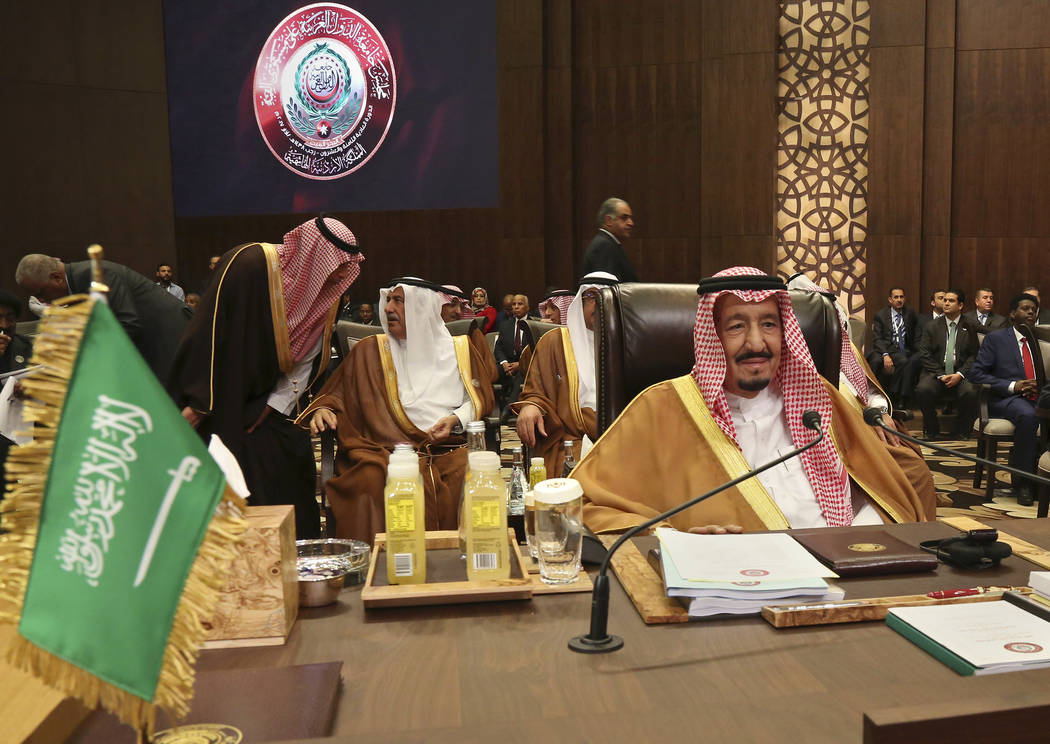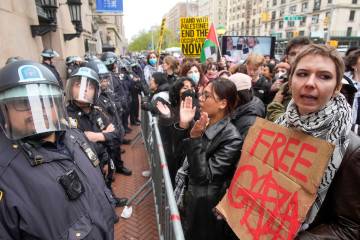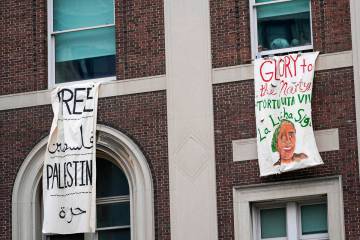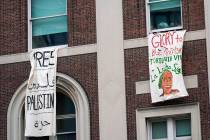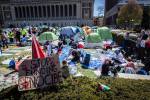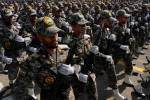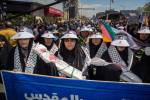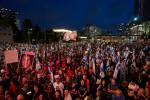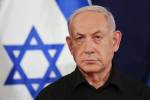COMMENTARY: Grappling with the realities of the Israeli-Palestinian cbnflict
The question from an audience member at a Boston-area synagogue, from an American Jewish woman addressing a group of visiting members of Israel’s parliament, was impassioned and direct.
“You are losing me, and you are losing many, many, many people in the Jewish community,” the woman said. “I cannot look the other way when three Israeli teenagers are brutally murdered and the response is to kill 2,300 Palestinians. … I want to know what you are doing to make peace with the Palestinians?. …Where is the compassion and the justice we are supposed to stand for?”
The responses from the Israelis, who were on a trip sponsored by the Ruderman Family Foundation, seemed just as heartfelt.
The answers were also telling — both about how Israelis view their overseas critics, and about the oft-overlooked human dimension of how Israelis experience Islamist terrorism.
Ayelet Nahmias-Verbin of the center-left Zionist Union Party recalled that her first childhood memory was of an alarm going off marking the start of the Yom Kippur War in 1973.
Her father was called up into the Israeli Army and left for four months. “When he came back I didn’t recognize him, because he had a beard and his glasses broke,” Nahmias-Verbin said. “My children’s first memory is the alarm going up and down in Tel Aviv because of the missiles going over … from Gaza.”
“That is my first childhood memory, and that’s my children’s first childhood memory,” she said. “There is no doubt we all want peace.”
She pointed out that Israeli doctors and hospitals have, for the past five years, been taking care of Syrians wounded in that country’s civil war. And she said Israel is accepting 100 child refugees from Syria.
As for the Palestinians killed in Gaza, Nahmias-Verbin told the questioner that they had been used as civilian shields by the Hamas terrorist group that controls the Gaza Strip: “Palestinians chose to put them there in hospitals and schools without any regard to their lives. So please take a deep breath before being so judgmental.”
Another Israeli politician, Rachel Azaria, a former deputy mayor of Jerusalem, also responded by talking about her own children. “I am a mother of four. My four children are going to join the army. It terrifies me,” she said. “To think that we enjoy living with terror, and enjoy living with our rifles? We hate it, we all hate it.”
Azaria rejected the notion that there was a simple path to peace. “When you are thousands of miles away, it looks simple, and it is not,” she said. “I think you have to trust us, that if it would be easy, we would be there. … I wish reality would be easier, unfortunately it is not.”
Amir Ohana, the first openly gay member of Israel’s parliament from the ruling Likud party, replied to the question with a quote he attributed to an earlier Israeli prime minister: “When the Arabs would lower their guns, there will be no more war. When the Israelis will lower their guns, there will be no more Israel.”
He said, “If I will have to choose between losing more lives of Israelis, whether they are civilians or soldiers, or losing you, I will sadly, sorrowly, rather lose you.”
Mickey Levy, who was commander of the Jerusalem police district before entering parliament, had two brothers killed in the conflict. “We need peace, but before that, we need our security,” he said.
Levy told a story about two of his sons, who, during a period of frequent suicide bombing attempts, both were enrolled at the same high school: “I said to them, please, make sure they don’t take the same bus to the school. At the end of the day, when you come home, don’t take the same bus. Do you understand why? I don’t want to lose both of them.”
Ira Stoll is editor of FutureOfCapitalism.com and author of “JFK: Conservative.” His column appears Sunday.



